Relationship between Gini coefficient and income inequality
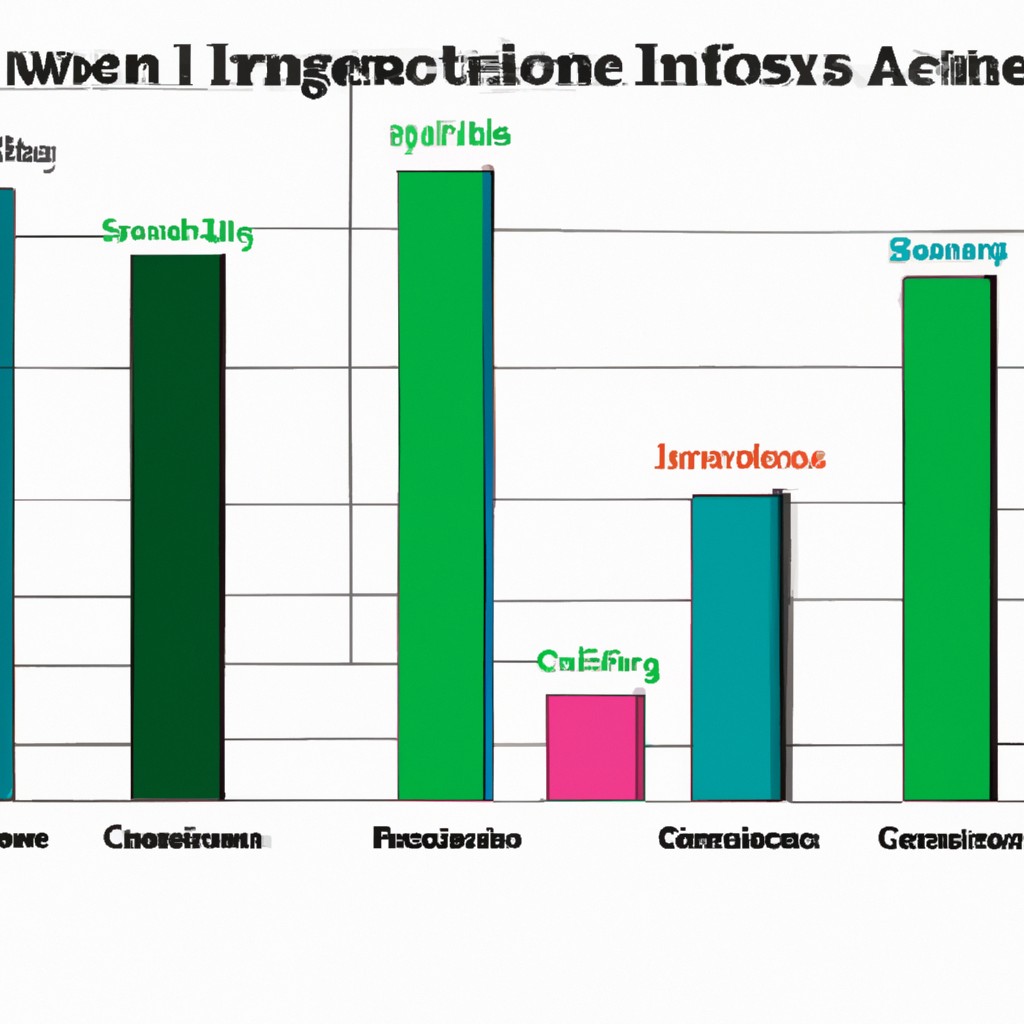
The Gini coefficient measures income inequality, with 0 representing perfect equality and 1 perfect inequality. A lower coefficient implies better income distribution. Countries with high Gini coefficients typically have greater income disparity. Policymakers often use the Gini coefficient to assess and address income inequality within a nation. It is a crucial tool for understanding economic disparities and guiding policy decisions. By analyzing the Gini coefficient, governments can design effective interventions to reduce income inequality and foster social harmony. Addressing income inequality through targeted policies can lead to a fairer society with improved well-being for its citizens.
Read more
Policy implications for reducing income inequality
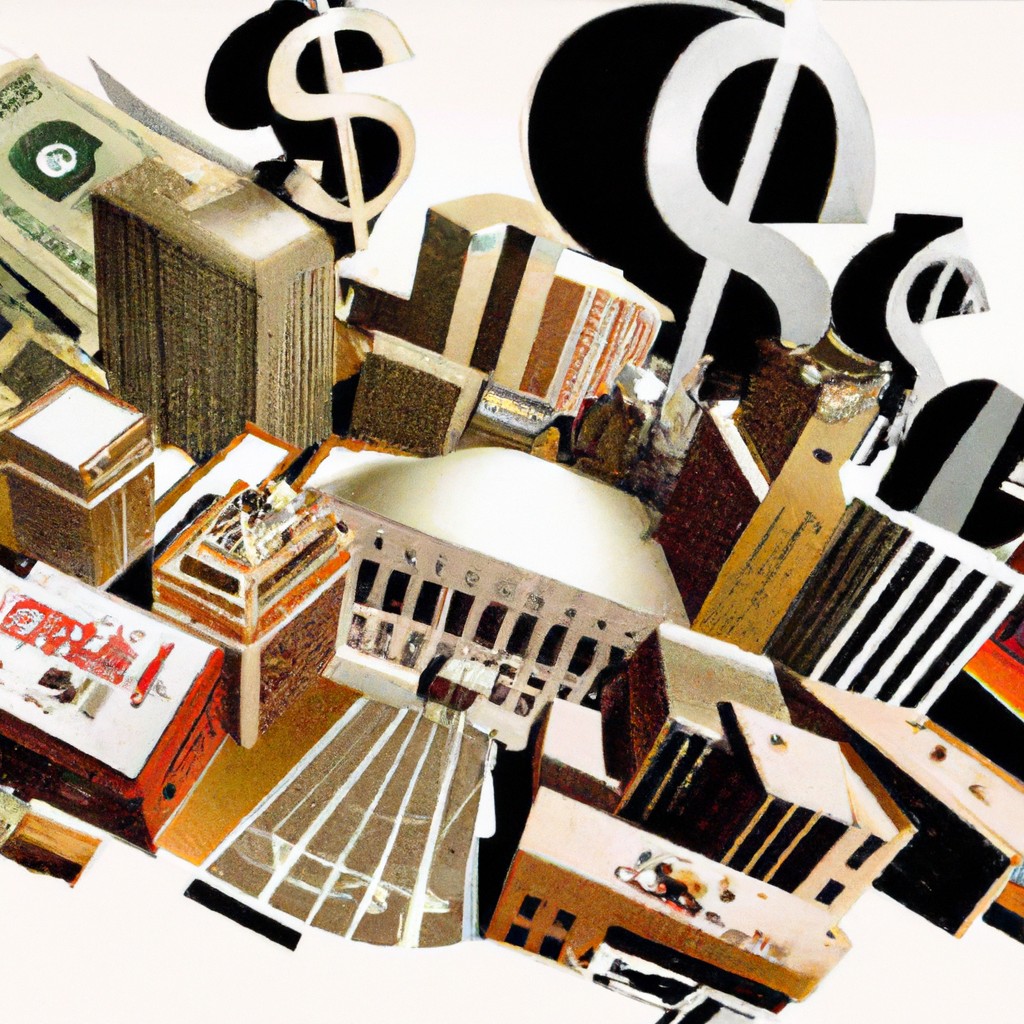
Reducing income inequality requires progressive taxation policies that redistribute wealth from the rich to the poor. Implementing universal basic income programs can provide financial security to low-income individuals and families. Investing in education and skills training for marginalized groups can help close the income gap. Enforcing stricter regulations on corporate monopolies and anti-competitive practices can prevent wealth concentration among the elite. Promoting fair wages and labor rights ensures that all workers are compensated fairly for their contributions. By prioritizing social welfare programs and ensuring equitable access to resources, societies can create a more inclusive and just economic system for all.
Read more
Strategies to reduce income inequality
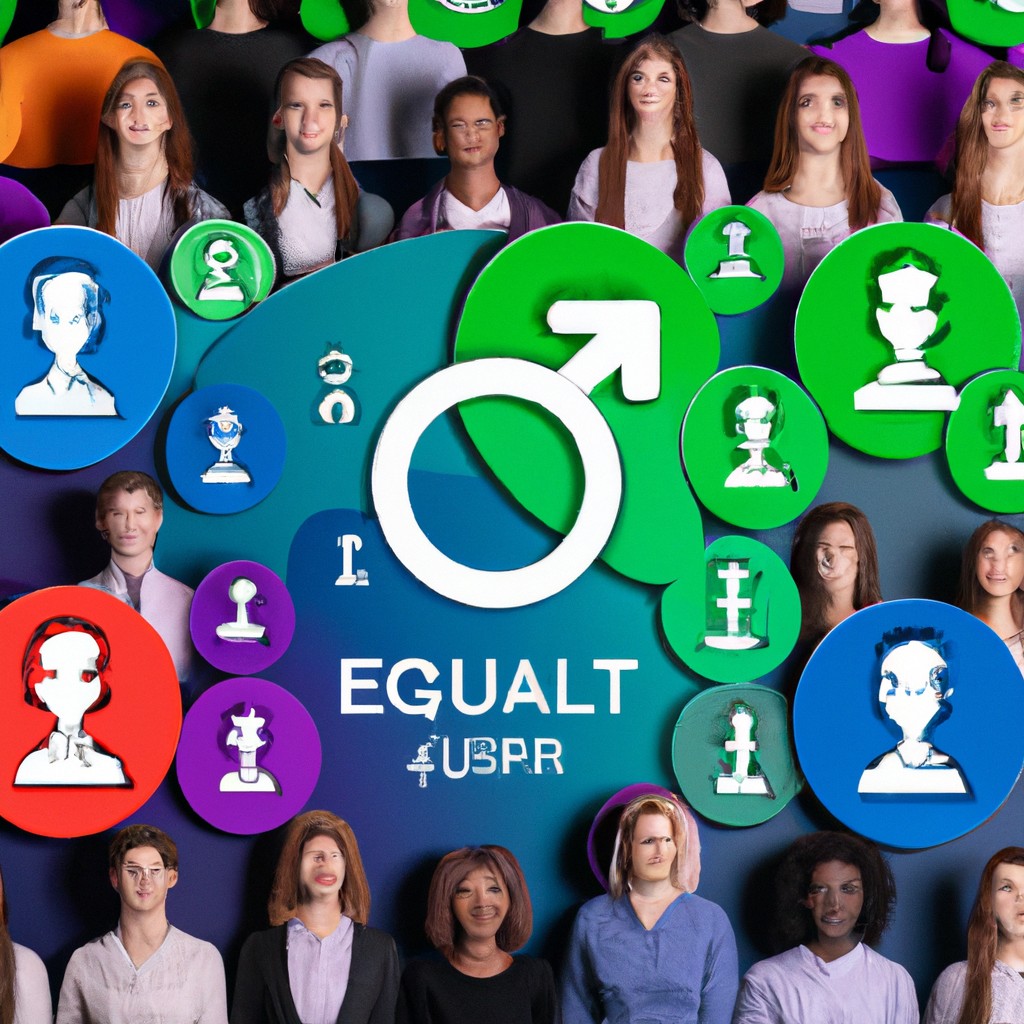
One effective strategy to reduce income inequality is implementing progressive taxation systems, which tax higher incomes at higher rates. This can help redistribute wealth more equitably across society. Another approach involves increasing the minimum wage to ensure that all workers receive a fair wage for their labor. Providing access to quality education and job training programs can also help individuals improve their earning potential and break the cycle of poverty. Furthermore, promoting policies that support small businesses and entrepreneurship can create more opportunities for wealth accumulation among marginalized communities. Ultimately, a combination of these strategies is essential to address income inequality comprehensively.
Read more
Effects of income inequality on social mobility
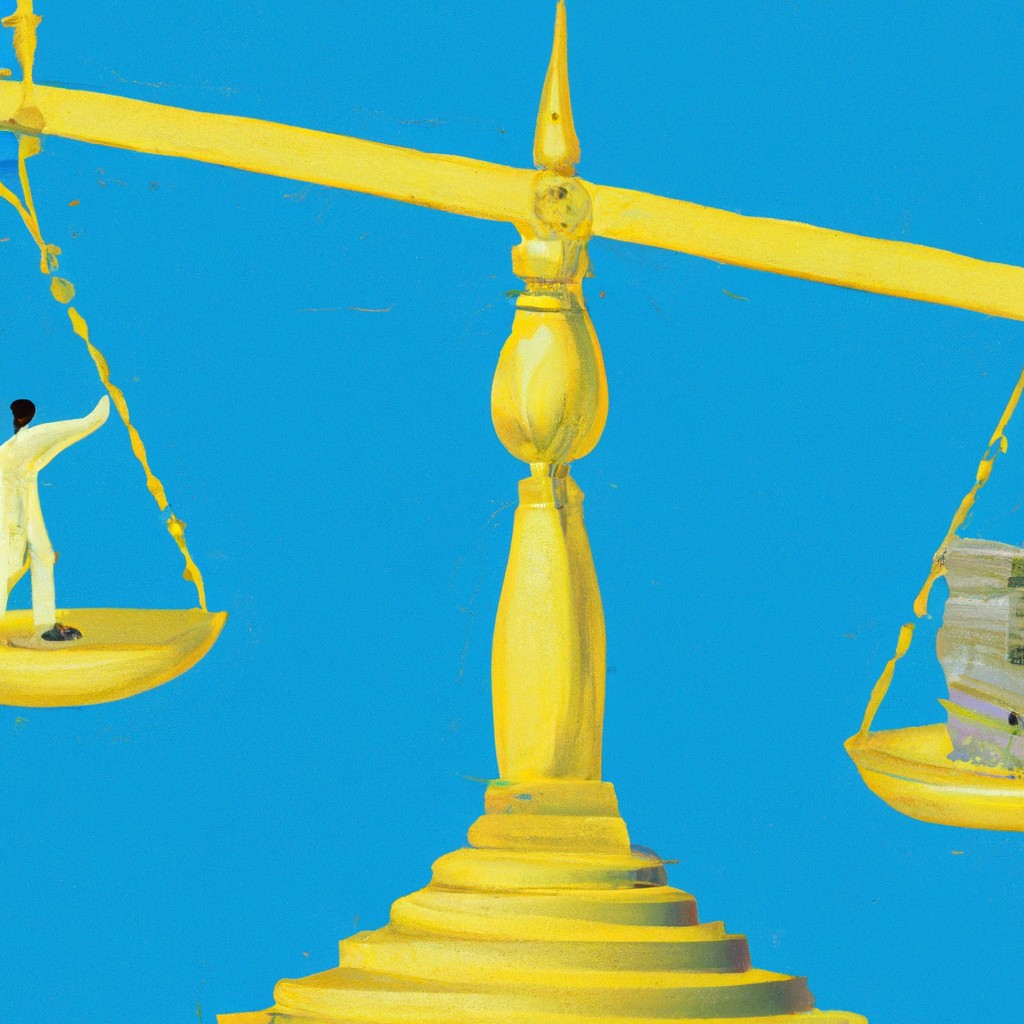
Income inequality has a significant impact on social mobility. As the income gap widens, access to opportunities becomes more limited for those at the lower end of the spectrum. This hinders their ability to move up the social ladder and achieve upward mobility. Individuals from disadvantaged backgrounds face greater barriers in education, employment, and overall advancement due to income disparities. Such inequality perpetuates a cycle of poverty and limits the chances of breaking free from the constraints of one's circumstances. Addressing income inequality is crucial for promoting equal opportunities and a more just society where everyone has a fair chance to succeed.
Read more
Inequality of opportunity

Inequality of opportunity persists, trapping individuals from marginalized communities in cycles of poverty. Limited access to education and resources exacerbates disparities. Children born into less privilege face substantial hurdles to success. Discrimination further compounds barriers to advancement, denying many the chance to fulfill their potential. These systemic injustices weaken social cohesion and stifle economic growth. Addressing these disparities requires collective action and policy interventions to level the playing field. Breaking the cycle of inequality demands proactive measures to ensure fair opportunities for all individuals, irrespective of their background or circumstance. Embracing equity can spark transformative change toward a more just and inclusive society.
Read more
Strategies to address inequality.

Addressing inequality requires both policy changes and societal shifts towards fairness, justice, and equity for all. Prioritizing education and skills training can empower individuals from marginalized communities to enhance their opportunities. Creating a progressive tax system to redistribute wealth and resources can help level the economic playing field. Implementing anti-discrimination laws and enforcing them rigorously can protect vulnerable populations from prejudice and bias. Promoting diversity and inclusion in all spheres of society fosters a sense of belonging and equal participation. Collaborating with grassroots organizations and community leaders can amplify voices that are often unheard in decision-making processes. Taking concerted actions to address inequality requires commitment and solidarity from all members of society.
Read more
Role of multinational corporations in inequality

Multinational corporations play a significant role in exacerbating global inequality by exploiting resources and labor in developing countries. Their immense economic power allows them to influence policies and regulations that often prioritize profit over social welfare. This leads to income disparities as wealth accumulates at the top while workers are paid meager wages. The lack of transparency and accountability further perpetuates this cycle of inequality. As these corporations expand their reach, local businesses struggle to compete, leading to job losses and economic instability. Addressing the role of multinational corporations in inequality is crucial for fostering a more equitable and just society.
Read more
Effects of inequality on social and economic factors

Inequality impacts society and the economy, leading to divisions that hinder progress and prosperity. Social disparities create unrest, distrust, and injustice, fueling tension among individuals and communities. Economic inequality widens the gap between the rich and poor, limiting opportunities for social mobility. This cycle perpetuates social and economic hardships, affecting education, healthcare, and employment. Unequal distribution of resources, income, and power creates barriers, hindering collective advancement and lasting prosperity. Addressing these disparities is crucial for fostering unity, fairness, and sustainable growth in society and the economy. Tackling inequality requires a collective effort to create a more equitable and inclusive society for all.
Read more
Wage inequality
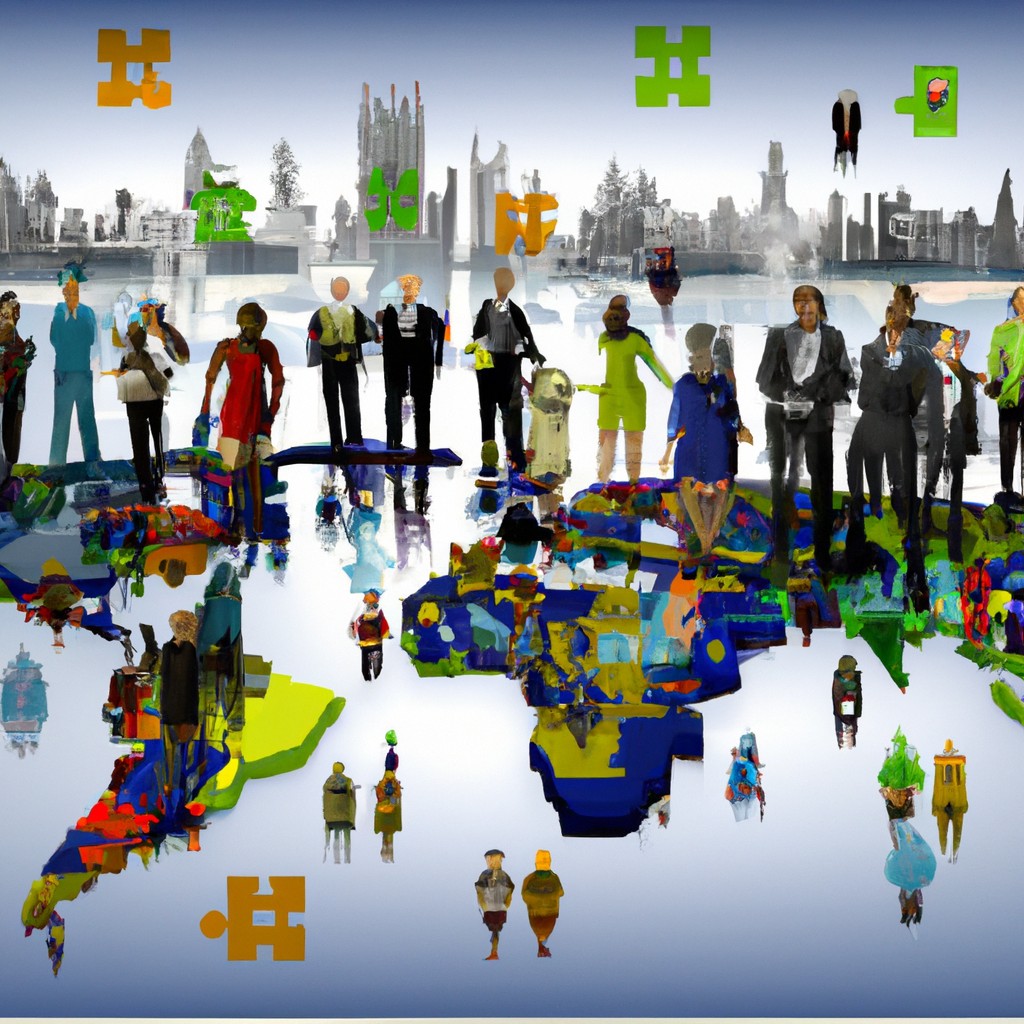
Wage inequality is a pressing issue in today's society, causing financial hardship for many families. Workers in low-wage industries struggle to make ends meet, while executives in the same company enjoy substantial pay raises. This stark contrast highlights the disparities in income distribution, leading to feelings of frustration and injustice among those affected. Closing the wage gap requires a multi-faceted approach, including advocating for fairer wages, implementing transparent salary structures, and promoting equal opportunities for all employees. By addressing wage inequality, we can create a more just and equitable society where everyone has the chance to thrive and succeed.
Read more













